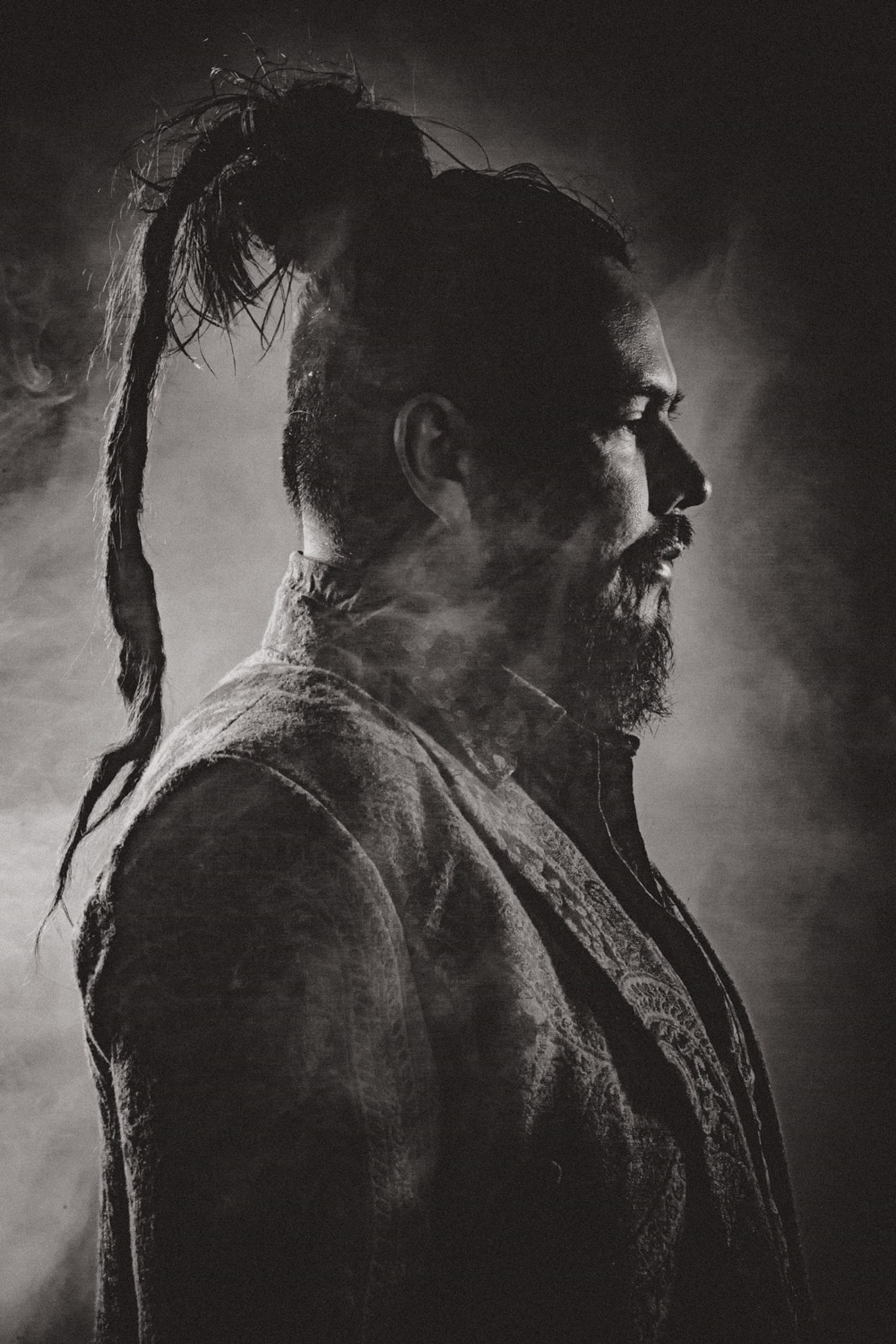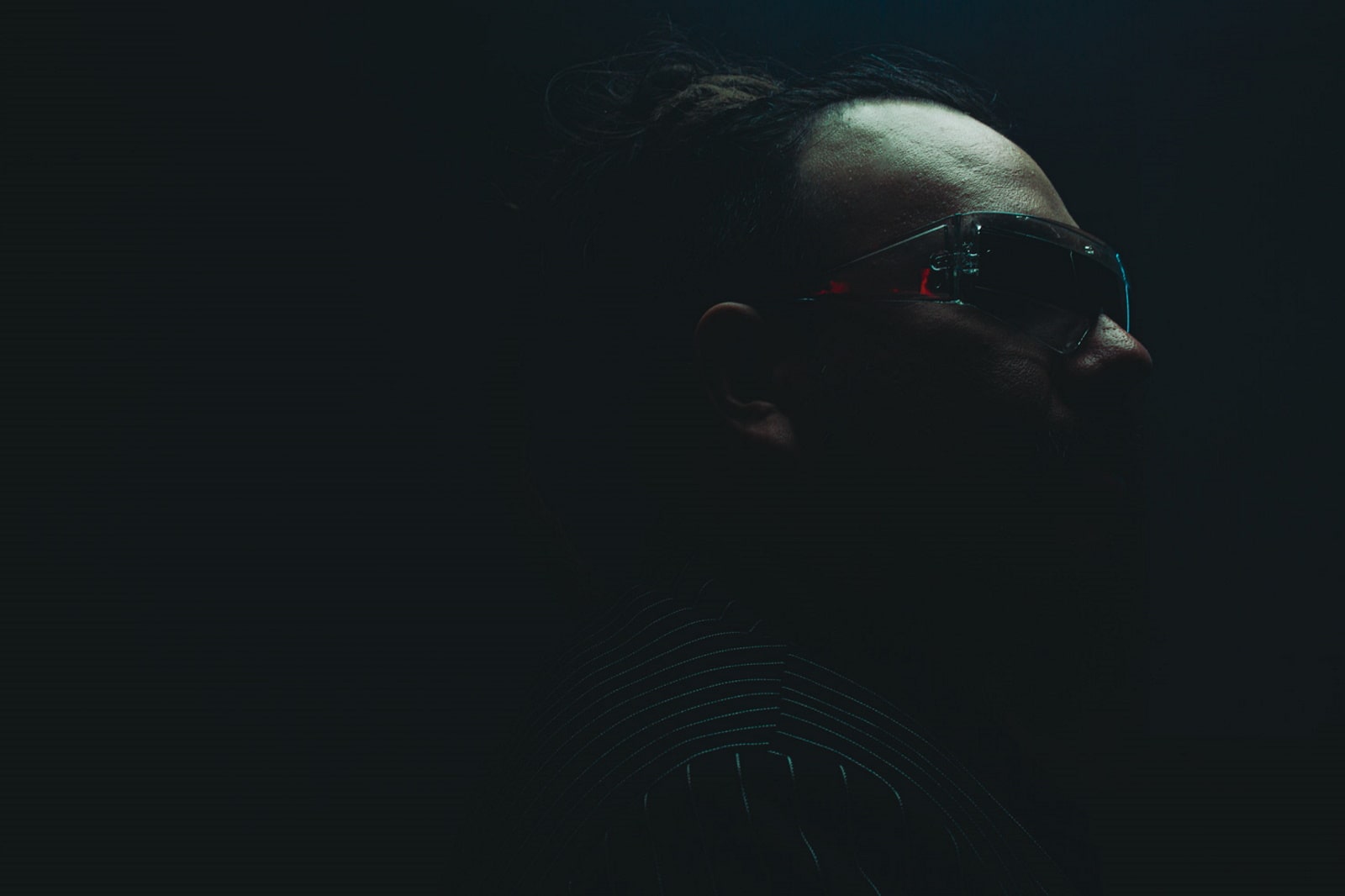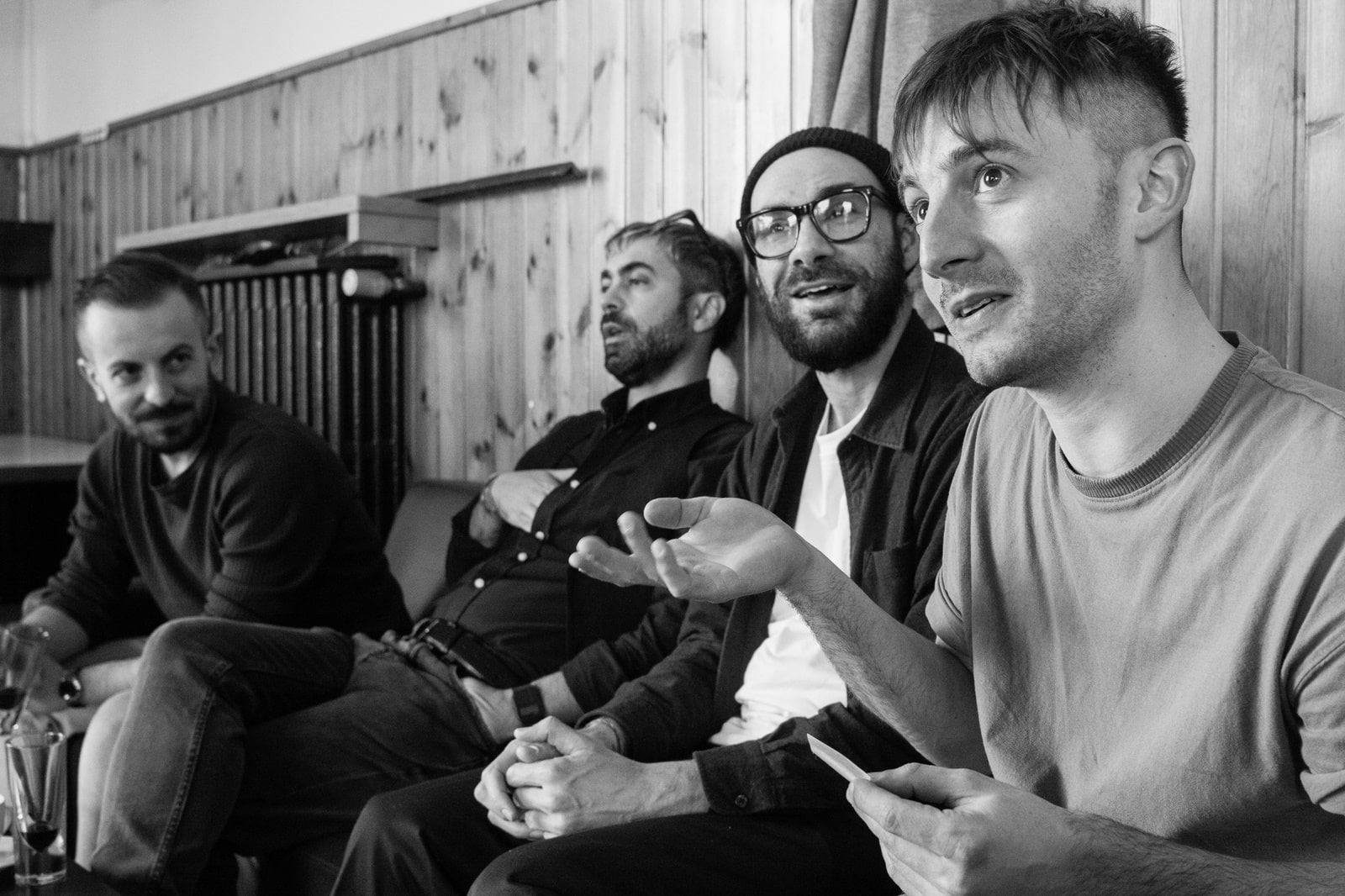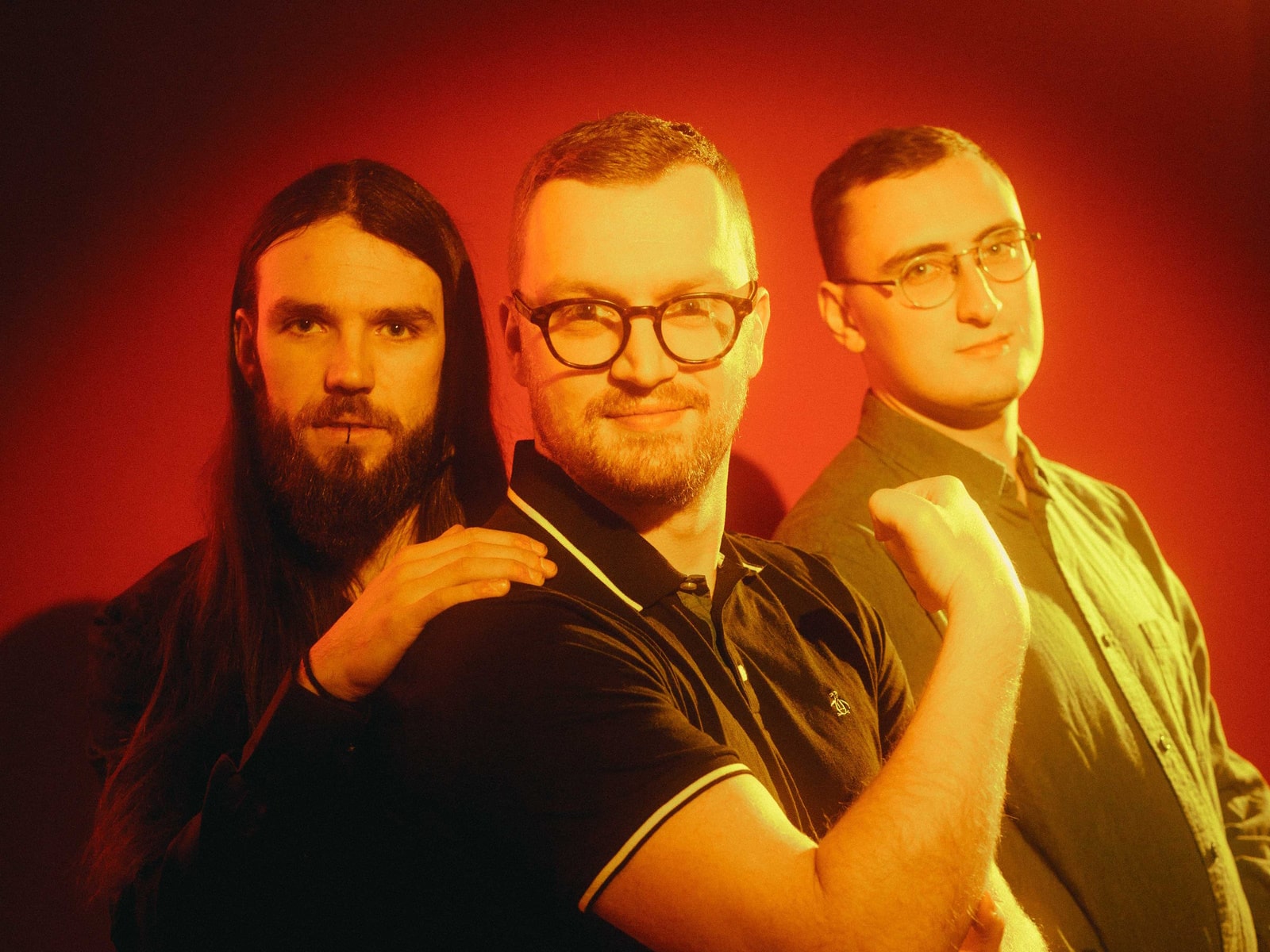Carlos Ibarra, also known as MAULÉN, is a composer, musician, and artist who is known for his unique, beautiful, strange, and alluring blend of cinematic and experimental styles, some of which he covered in a great, IDIOTEQ featured single “Rostro“. The name “MAULÉN” is derived from the surname of his grandmother, a member of the Mapuche people in Chile, which translates to “a wet valley.” On April 7, 2023, he released the second part of his two-part EP, titled El Miedo De Amar Pero Igual Lo Hago, via Icons Creating Evil Art.
Carlos sat down with us to discuss his unique inspirations, creative process and the mysterious craft behind MAULÉN.
Before pursuing a solo career, Ibarra was a guitarist and songwriter for various local bands. He gained infamy and notoriety across the metal and punk scene in Europe as a guitarist, songwriter, and producer of the death metal act Age Of Woe.
He recorded two albums and two EPs with them, including Inhumanform (Suicide Records, 2013) and An Ill Wind Blowing (War-Anthem, 2016). Additionally, he has released music with Terrorstat, a band featuring members of Walk Through Fire and Serpent Omega, and Wefring, featuring members of The Leather Nun, Exhale, and Psycore, among others.
In 2019, Ibarra spent a year composing material for his solo record and recorded it in a subterranean water cistern located 20 meters under a small hill in Gothenburg, Sweden. The cistern, which had been abandoned for almost a hundred years, had magical natural reverbs that lasted up to eighteen seconds long.
It was a challenging recording environment, with limited electricity, cold and wet conditions, and rats and spiders. Nevertheless, with the help of Carlos Sepulveda (Psycore, Leather Nun) and drummer Stefan Johansson (Abrovinch, Jimmy Ågren), they worked for four magical days in this enchanting setting.
In 2020, Ibarra traveled to the Thar desert in India to find the peace and serenity necessary to write the lyrics for his songs but got stuck there during the outbreak of Covid-19. This served as a huge inspiration for the lyrics of his new album, which touches on the subjects of loss, heritage, and the feeling of belonging or not belonging.
The 2xEP record features lyrics sung in Spanish, Polish, Arabic, Persian, and French. With his latest release, Ibarra continues to push the boundaries of music and create an immersive and captivating experience for his listeners.

You’ve mentioned that your upcoming album deals with the themes of loss, heritage, and belonging. Could you elaborate on how these themes influenced your writing process and the overall sound of the album?
You recorded your music in a subterranean water cistern that has been abandoned for almost one-hundred years. Could you talk about the challenges you faced while recording in such a unique location and how it affected the sound of the album?
Your music has been described as a journey reminiscent of the vast landscapes of early Sigur Ros with sensual hints of Deftones in the passenger seat. Can you tell us about your musical influences and how they have shaped your sound as a drone/experimental artist?
You’ve mentioned that you collaborated with a multitude of artists to create your music. How important is collaboration to your creative process, and how do you go about finding the right artists to work with?
You recorded the vocals for “Lo Siento” in Spanish and for Rostro in Persian. How do you decide which language to use for each song, and do you feel that using multiple languages adds a unique layer to your music?
What’s next?










